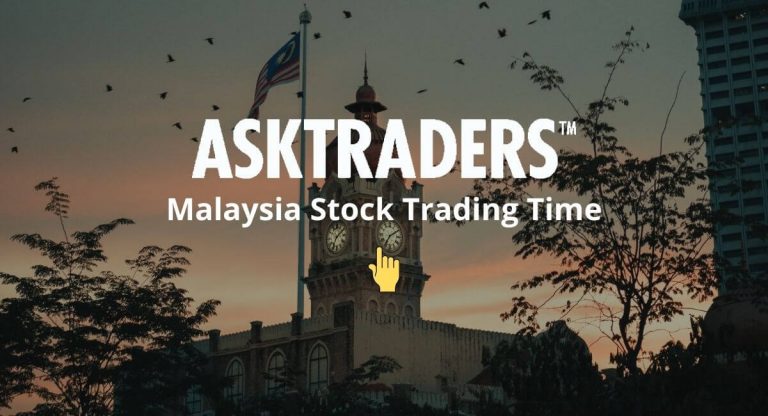
What Time is the Malaysia Stock Exchange Open for Trading?

The most important thing for new investors or those learning about stocks to know is when the operating hours for the process of selling and buying stocks on Bursa Malaysia are. You can find more information in the table below.
| Time | Situation | Description |
| 8.30am – 8.59am | Pre-opening | Bursa is about to open. The process of selling and buying shares is currently being set up. |
| 9.00am – 12.30pm | First session | The process of buying and selling shares at market value is now available. |
| 12.31pm – 1.59pm | Break | |
| 2.00pm – 2.29pm | Pre-opening | Bursa is about to re-open. The process of selling and buying shares is currently being set up. |
| 2.30pm – 4.44pm | Second session | The process of buying and selling shares at market value is now available. |
| 4.45pm – 4.50pm | Pre-closing | Bursa is closing down. The process of buying and selling is being refined. This is due to the Exchange's effort to avoid last-minute massage activities (manipulation) of major stock prices and indices. |
| 4.51pm – 5.00pm | Trading at last | A sale and purchase transaction is still possible, but only at a fixed price. |
What is the Stock Trading Hour?
Stock trading hours, also known as exchange hours, are a term that is frequently used to describe the working hours of world trade headquarters such as London, New York, and Hong Kong. Different parts of the world have different stock exchange trading hours.
Stock trading hours in Malaysia, on the other hand, follow the operating hours of the Bursa Malaysia. You can see KLSE open and close hours below, plus the status of Malaysia stock exchange, and US stock market open time.
Malaysia Stock Exchange Time Zone
The Malaysia Stock Exchange, or Bursa Malaysia, operates in the Asia/Kuala Lumpur timezone. Malaysia Time is the most commonly used abbreviation. GMT+08:00 is the current time in this timezone. This timezone is abbreviated as +08.
Malaysia Stock Exchange Capitalisation and Currency
In March 2024, the market capitalisation of Bursa Malaysia was reported to be 396.4 USD bn or 1,889.96 MYR billion. This represents an increase over the previous figure of 1,796.40 MYR billion for 2023. MYR is the primary currency used on the Malaysia Stock Exchange, otherwise known as Bursa Malaysia or KLSE.
What is After-hours Trading and How it Affect the Stock Prices

After-hours trading refers to stock market trading that occurs after working hours, stock trading hours, or normal stock exchange hours. The main trading session in most stock markets occurs during the day, with one trading session representing one business day.
The after-hours session, also known as an extended T+1 trading session, will be available on the Bursa Malaysia from Monday to Thursday nights, from 9:00 PM to 11:30 PM Malaysia Time (UTC +8).
The New York Stock Exchange (NYSE) and the Nasdaq both open at 9:30 a.m. and close at 4:00 p.m., respectively (Eastern Time, US). Trading is permitted between 16:00 and 20:00 during this after-hours session.
However, trading after hours carries some risks, including decreased liquidity, wider spreads, increased competition from institutional investors, and increased volatility.
Trading volume during extended trading sessions is also typically low. This is due to the fact that there are typically only a few active traders during this time period. This can change, even if there is a surge in volume, if there is significant economic news or something that is detrimental to a company.
Conclusion
When investing in the stock market, investors must understand the standard stock trading hours as well as the extended trading session and how they work. It is also important to note that investing in stocks during the extended trading session, or outside of stock trading hours, entails additional risks and factors such as wider spreads, lower liquidity, and increased volatility.
Although this can sometimes be advantageous to investors, it can also result in significant losses. As a result, if investors want to engage in after-hours trading, they should think about these risk factors in order to overcome them and close the gap.
